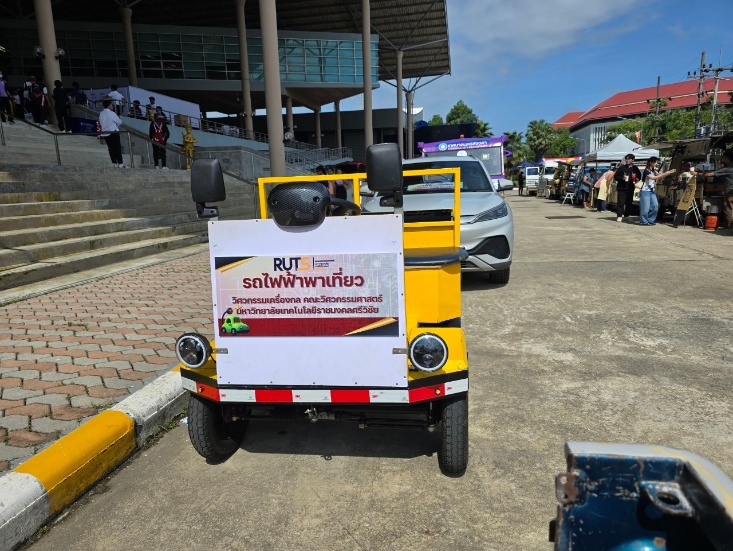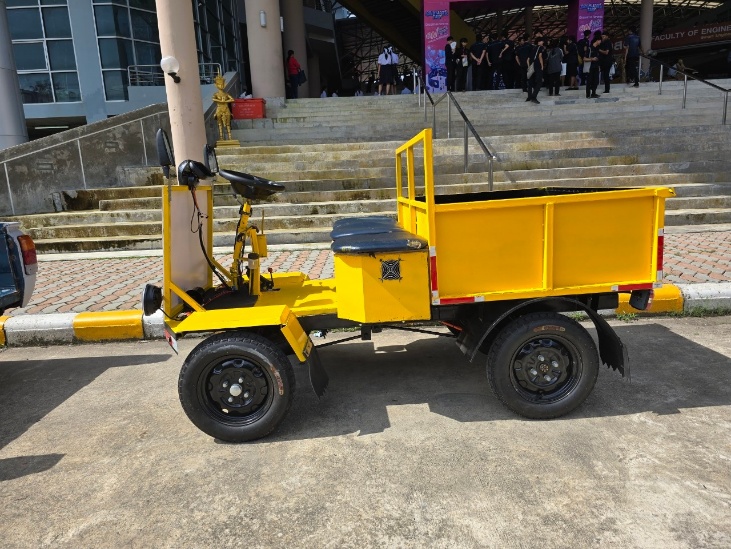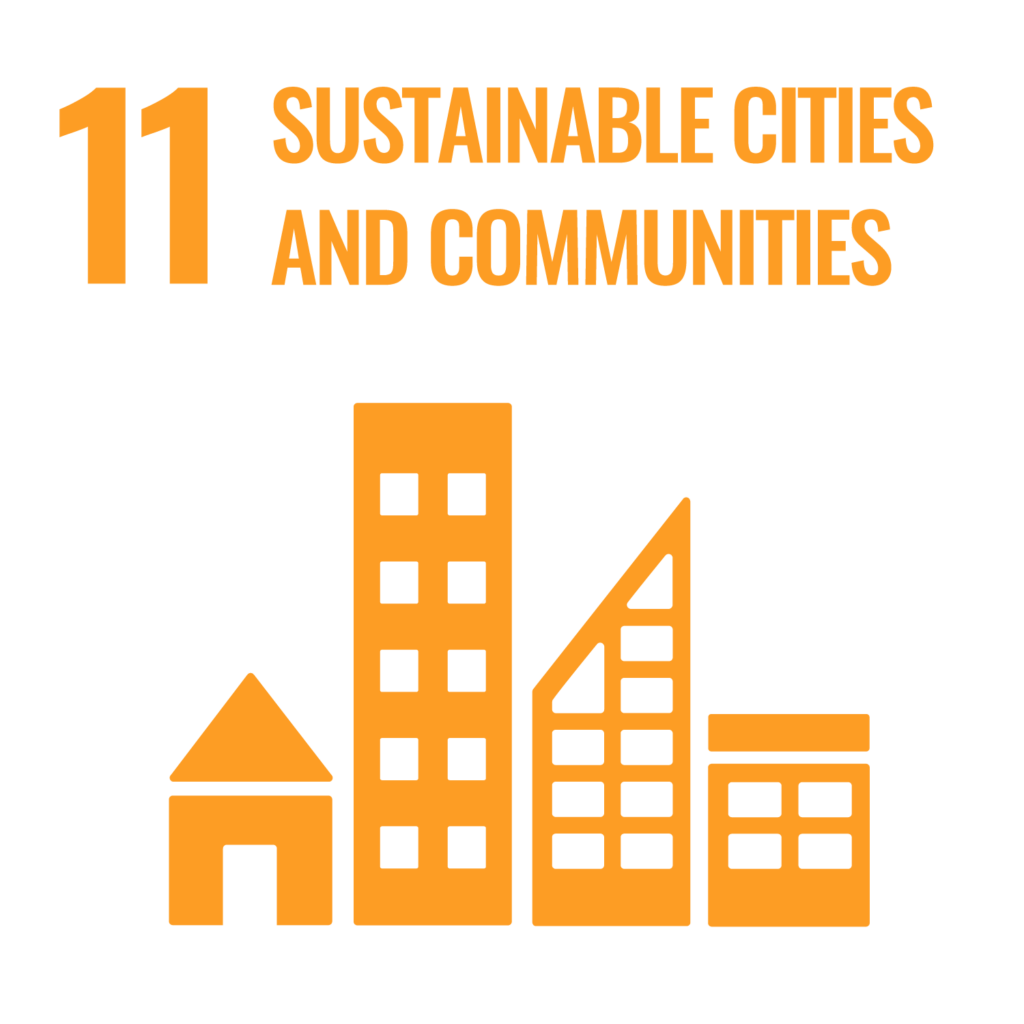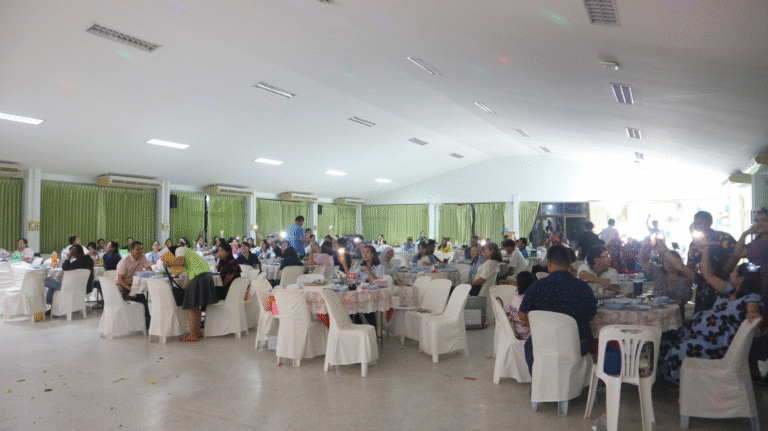Reporters: Dr. Jaray Suwannachart, Asst.Prof.Dr. Tachaya Sangkakool, Asst.Prof.Surawat Moogem, Tussawan Thong-on, Natrada Boonthad and Natpakal Poolperm
Evidence Date: October 25, 2024
Related Indicators: 11.4.2
Details: Supporting details and pictures
The Faculty of Engineering at Rajamangala University of Technology Srivijaya (RUTS), Songkhla Campus, has undertaken a project to design and construct an Electric Vehicle (EV) for transporting tourists and visitors within the university grounds. This initiative goes beyond a simple welfare service; it directly addresses the Sustainable Development Goals (SDGs), specifically SDG 11: Make cities and human settlements inclusive, safe, resilient, and sustainable, by promoting safe, affordable, and sustainable transport systems (Target 11.2) and mitigating the environmental impact associated with fossil fuel use.
Strategic Objectives and Interdisciplinary Integration
RMUTSV’s EV development for tourism is founded on three core objectives, forming the bedrock of the university’s commitment to the Green University and Smart Campus concepts:
1. Operational Learning and Skill Development
The project functions as a Living Lab, allowing students from the Faculties of Engineering and Agriculture to actively engage in the design, construction, testing, and maintenance of the electric vehicle. This fosters practical, hands-on learning and develops skills crucial for the future green automotive innovation industry.
2. Interdisciplinary Research and Enhanced Utility
The initiative promotes interdisciplinary collaboration among faculty and students from diverse fields: Mechanical Engineering (design and propulsion systems), Agriculture (application in agricultural settings), and Tourism (route design and passenger experience). This integration aims to maximize the EV’s utility, enabling its effective and efficient use in confined areas, such as experimental farms or eco-tourism sites.
3. Economic Impact and Sustainable Tourism Promotion
Utilizing an EV for internal campus transport reduces fuel costs and establishes the institution’s image as environmentally responsible. More significantly, the project has the potential to bolster the tourism industry, particularly Agri-Tourism, which is a natural asset across many RMUT campuses. The deployment of EVs in agri-tourism ensures safe visitation while minimizing noise and air pollution, thereby elevating the tourist experience in alignment with sustainable development principles.


Figures 1–2: Small-Scale Electric Vehicles (EVs) for Agri-Tourism.
These images display the design of the small-scale EVs specifically developed for agri-tourism at the University. The vehicle design is aesthetically integrated with the natural landscape—including views of mountains, the sea, and the agricultural plots that serve as natural capital across all university campuses—thereby promoting sustainable and contextually appropriate transportation.
Related Links:




